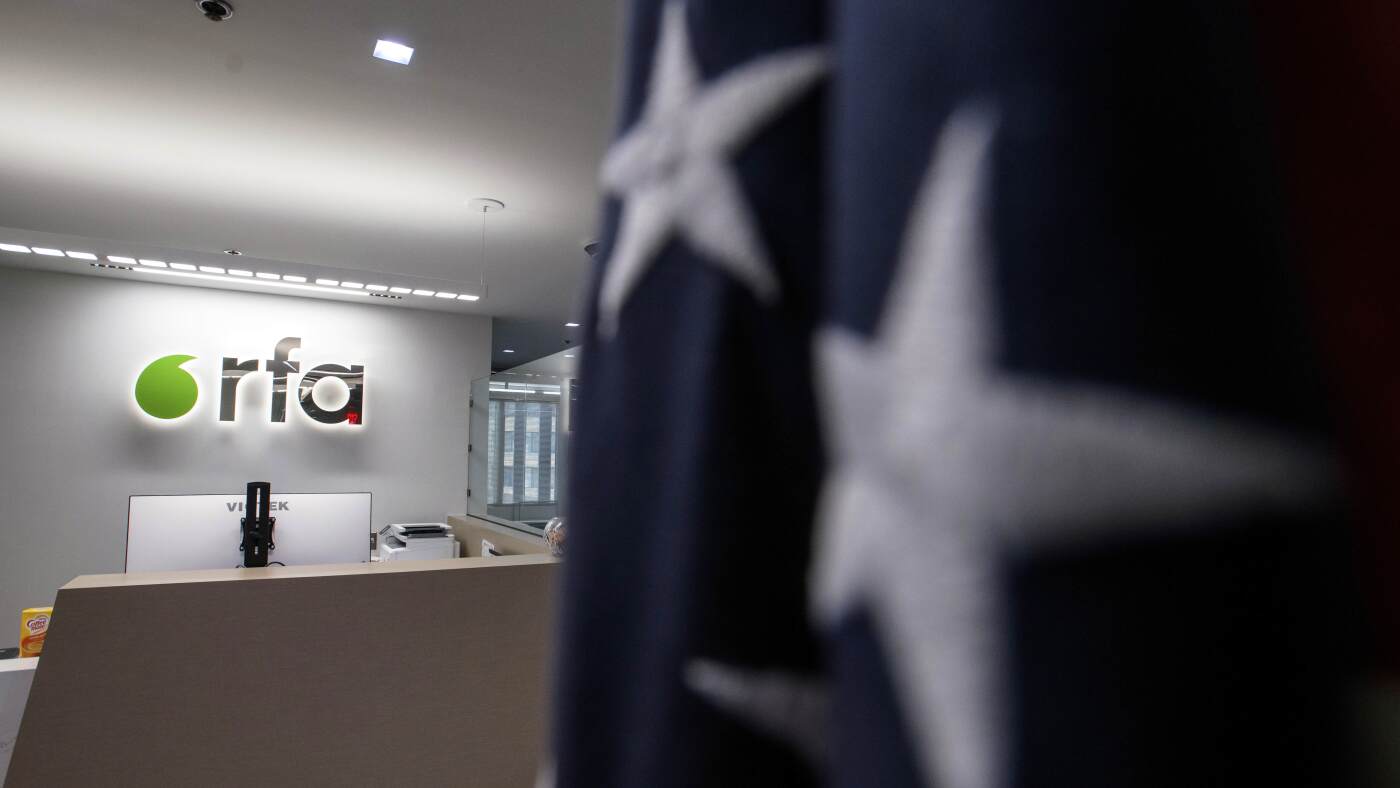The Impact of Funding Cuts on Radio Free Asia
A Voice Silenced
In the heart of Asia, a beacon of free speech and independent journalism is dimming. Radio Free Asia (RFA), a vital broadcaster that has long countered authoritarian influence, is grappling with an existential crisis. Approximately 90% of its staff has been laid off due to severe funding cuts imposed by the Trump administration. This drastic reduction in workforce comes after the U.S. Agency for Global Media (USAGM) terminated congressionally-appropriated grants, leaving RFA struggling to sustain its operations and fulfill its mission.
The Funding Showdown
The funding crisis at RFA is not an isolated incident but part of a larger tug-of-war between the broadcaster and the Trump administration. The conflict escalated when the administration withheld congressionally allocated funding, defying a federal judge’s ruling in favor of RFA. This decision has plunged the organization into an “unconscionable situation,” as starkly described by Bay Fang, the president and CEO of RFA. The cuts are part of a broader trend, with other U.S.-funded international broadcasters, such as Radio Free Europe/Radio Liberty and the Middle East Broadcasting Networks, facing similar funding challenges.
The Domino Effect of Layoffs
The mass layoffs at RFA have set off a chain reaction of consequences. With most of its staff laid off, RFA has been forced to shut down many of its language services and news broadcasts. This reduction in reporting capacity will significantly limit coverage of critical issues in Asia, particularly in regions like Xinjiang and Tibet, where authoritarian regimes often suppress free speech and human rights. The void left by RFA’s diminished presence could be filled by state-controlled media, further limiting access to independent information.
The USAGM’s Role in the Crisis
The USAGM, under the leadership of Kari Lake, a senior advisor to the Trump administration, has played a significant role in implementing these funding cuts. Lake’s actions have sparked concerns about the future of U.S.-funded media outlets and their role in promoting democracy and human rights globally. The termination of grants has left RFA and other broadcasters in a precarious position, fighting to maintain their operations and uphold their missions.
The Human Cost of Funding Cuts
The layoffs and furloughs have taken a heavy toll on the journalists who work for RFA. Many of these journalists have dedicated their careers to reporting on sensitive and dangerous topics in Asia. The sudden loss of employment has left them in a state of uncertainty, with some even fearing deportation. The situation underscores the vulnerabilities faced by journalists working in high-risk environments who rely on stable funding to carry out their crucial work.
The Struggle for Survival
The future of RFA hangs in the balance. The organization is attempting to continue operations with a “skeleton staff,” but the long-term viability of its mission is uncertain. The layoffs and funding cuts have raised critical questions about the broader implications for U.S.-funded media outlets and their role in promoting democracy and human rights. As RFA battles to maintain its operations, the international community watches closely, hoping for a resolution that will allow this vital voice to continue its work.
The Broader Implications
The crisis at RFA is a microcosm of a larger issue: the struggle to maintain independent media in the face of political pressures and funding cuts. As authoritarian regimes around the world tighten their grip on information, the role of independent broadcasters like RFA becomes even more crucial. The funding cuts at RFA send a chilling message to other broadcasters and journalists who rely on U.S. support to carry out their work.
The Fight for Free Speech
The situation at RFA is a stark reminder of the ongoing fight for free speech and independent journalism. In an era where misinformation and propaganda are rampant, the need for reliable, independent sources of information is more important than ever. The international community must come together to support RFA and other broadcasters facing similar challenges. The fight for free speech is a global one, and the support of the international community is essential to ensure that these voices continue to be heard.
A Call to Action
The crisis at Radio Free Asia is a call to action for the international community. It is a reminder of the importance of independent media in promoting democracy and human rights. As RFA faces an uncertain future, it is crucial that we come together to support this vital broadcaster and others like it. The fight for free speech and independent journalism is ongoing, and the support of the global community is essential to ensure that these voices continue to be heard. The world is watching, and it is time to stand up for the principles of free speech and independent journalism. The future of democracy and human rights depends on it.

